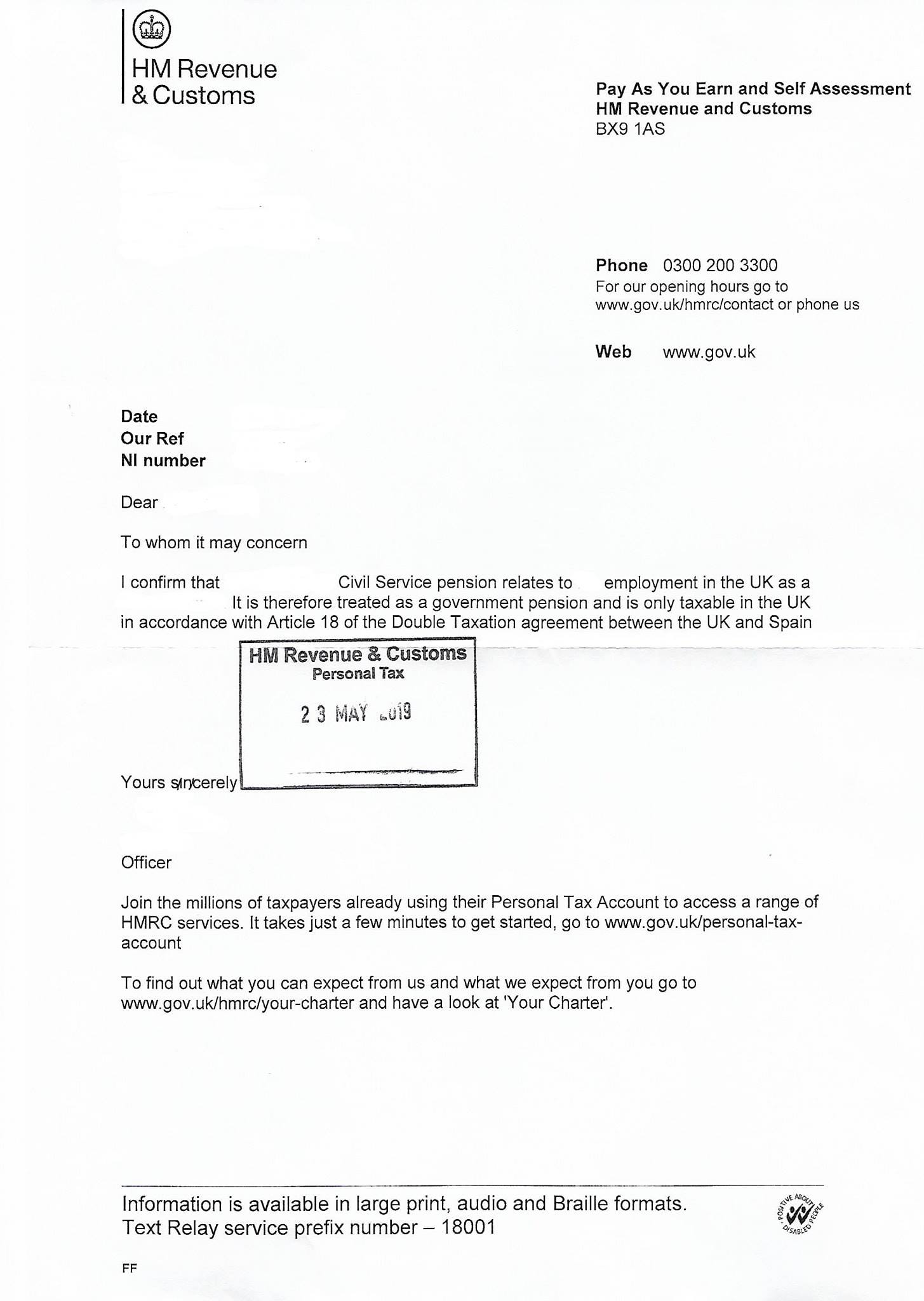Mental Health & Resilience: A Practical Guide

Table of Contents
Understanding Mental Health and Resilience
Defining mental health and resilience, and understanding their interconnectedness, is the first step towards building a more fulfilling life. Mental health encompasses our emotional, psychological, and social well-being. It influences how we think, feel, and act. Resilience, on the other hand, is our ability to bounce back from adversity, stress, and trauma. It's the capacity to adapt and overcome challenges, maintaining a positive outlook even in difficult circumstances. These two concepts are deeply intertwined; strong mental health fosters resilience, and resilience, in turn, protects mental health.
- Defining mental well-being: A state of emotional, psychological, and social well-being, enabling individuals to function effectively, cope with stress, and achieve their full potential. This includes feeling good about yourself, having positive relationships, and feeling capable of managing daily life.
- Resilience: The ability to adapt and recover from stressful life events, trauma, or adversity. Resilient individuals demonstrate flexibility, problem-solving skills, and a positive outlook, enabling them to thrive even in challenging environments.
- The interplay between mental health and resilience: Good mental health provides the foundation for resilience. When we feel emotionally stable and secure, we’re better equipped to handle setbacks. Conversely, resilience protects our mental health by helping us navigate difficulties without succumbing to overwhelming stress or anxiety. Improving one strengthens the other.
- Recognizing the signs of mental health challenges: It’s vital to be aware of common indicators of mental health struggles, such as persistent sadness (depression), excessive worry (anxiety), overwhelming stress, and burnout (physical and emotional exhaustion). Early recognition allows for timely intervention and support.
Practical Strategies for Building Resilience
Building resilience is an active process requiring consistent effort and self-awareness. The following strategies provide actionable steps to enhance your coping mechanisms and strengthen your ability to face challenges effectively:
- Developing strong social connections: Supportive relationships are crucial for resilience. Connecting with friends, family, and community groups provides emotional support, a sense of belonging, and a network to lean on during difficult times. Make time for regular contact, actively listen to others, and participate in activities you enjoy with loved ones.
- Practicing self-care: Prioritizing physical health is paramount for mental well-being and resilience. This includes maintaining a balanced diet, engaging in regular exercise, and ensuring adequate sleep. Mindfulness and meditation techniques can further enhance self-awareness and stress management. Consider incorporating even 10 minutes of meditation each day.
- Cultivating positive self-talk: Challenge negative thoughts and replace them with positive affirmations. Instead of focusing on failures, acknowledge your efforts and celebrate small victories. For example, replace "I'm a failure" with "I learned from that experience, and I'll do better next time.”
- Setting realistic goals and expectations: Avoid overwhelming yourself with too many tasks. Break down large goals into smaller, manageable steps and celebrate each accomplishment along the way. Effective time management techniques can help you stay organized and focused.
- Learning stress management techniques: Deep breathing exercises, progressive muscle relaxation, and yoga are proven methods for reducing stress and anxiety. Many online resources and apps offer guided sessions to help you learn and practice these techniques.
Seeking Professional Support for Mental Health
Recognizing when you need professional help is a sign of strength, not weakness. Many resources are available to provide support and guidance during challenging times.
- Signs you might need professional help: Persistent sadness or low mood, overwhelming anxiety, significant changes in sleep or appetite, loss of interest in activities you once enjoyed, or thoughts of self-harm are all warning signs that warrant professional assessment.
- Types of mental health professionals: Therapists, counselors, and psychiatrists offer different types of support. Therapists and counselors provide therapy to address emotional and mental health concerns, while psychiatrists are medical doctors specializing in mental health who can prescribe medication.
- Finding a therapist: Numerous resources can help you locate mental health professionals in your area. Websites like [insert relevant website links here] provide directories and search tools to find therapists specializing in various areas. Your primary care physician can also provide referrals.
- Utilizing mental health apps and resources: Several reputable apps and online resources offer support, self-help tools, and access to mental health professionals. [insert relevant app and resource links here]
Building a Support System
Building a strong support network is crucial for mental health and resilience. This includes identifying trusted individuals you can confide in, learning to communicate your needs effectively, and seeking out support groups for individuals facing similar challenges. Don’t hesitate to seek guidance from your primary care physician, who can assess your needs and provide appropriate referrals.
Conclusion
Building strong mental health and resilience is a journey, not a destination. By actively implementing the strategies outlined in this guide – prioritizing self-care, cultivating strong relationships, and seeking professional support when needed – you can significantly improve your overall well-being and ability to navigate life's challenges. Remember, prioritizing your mental health and resilience is an investment in a happier, healthier, and more fulfilling life. Continue learning about improving your mental health and resilience and take steps today to build a stronger, more resilient you.

Featured Posts
-
 Monday Severe Weather Assessing The Overnight Storm Chance
May 20, 2025
Monday Severe Weather Assessing The Overnight Storm Chance
May 20, 2025 -
 Live Bundesliga Your Guide To Watching Every Match
May 20, 2025
Live Bundesliga Your Guide To Watching Every Match
May 20, 2025 -
 How To Watch Live Bundesliga Matches Online And On Tv
May 20, 2025
How To Watch Live Bundesliga Matches Online And On Tv
May 20, 2025 -
 Understanding Your Hmrc Post A Guide For Uk Citizens
May 20, 2025
Understanding Your Hmrc Post A Guide For Uk Citizens
May 20, 2025 -
 Nyt Mini Crossword Answers Today March 13 2025 Hints And Clues
May 20, 2025
Nyt Mini Crossword Answers Today March 13 2025 Hints And Clues
May 20, 2025
